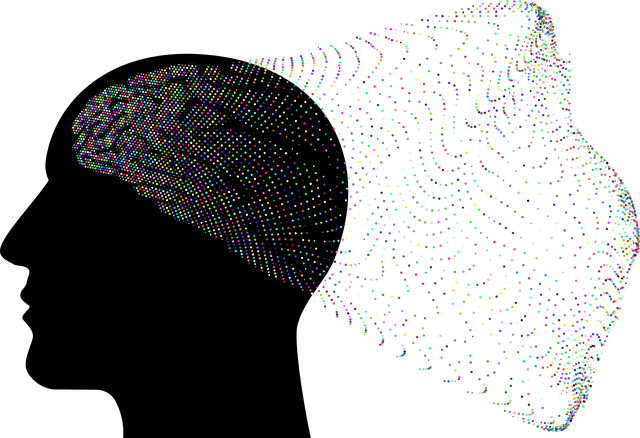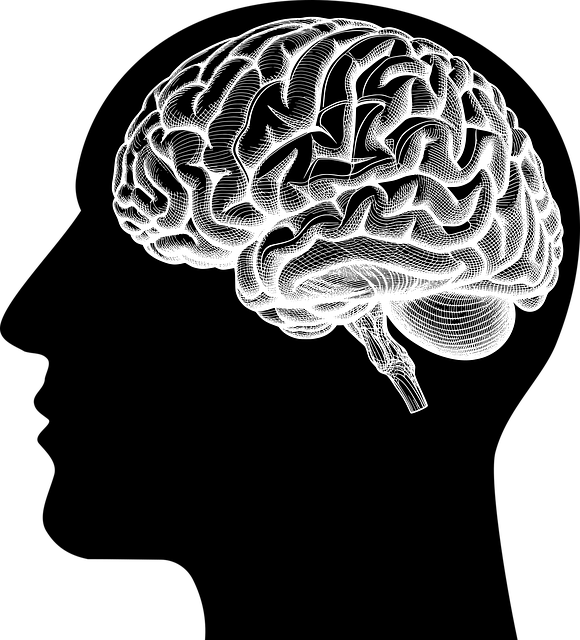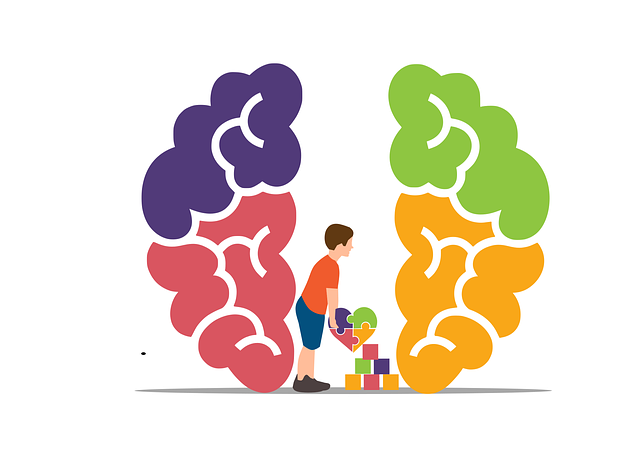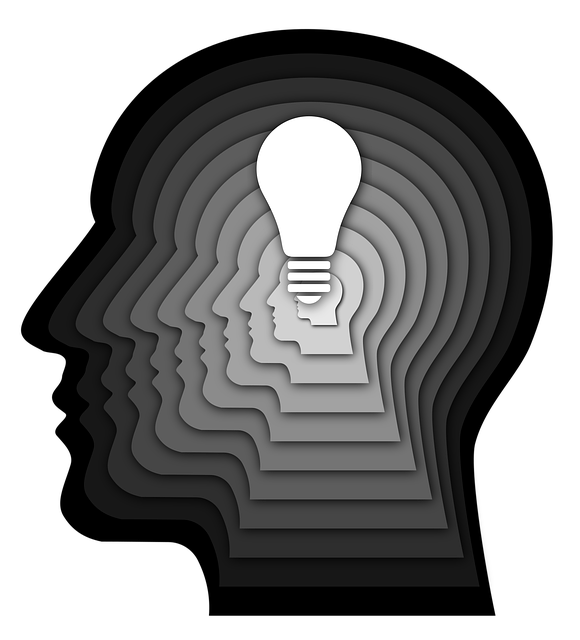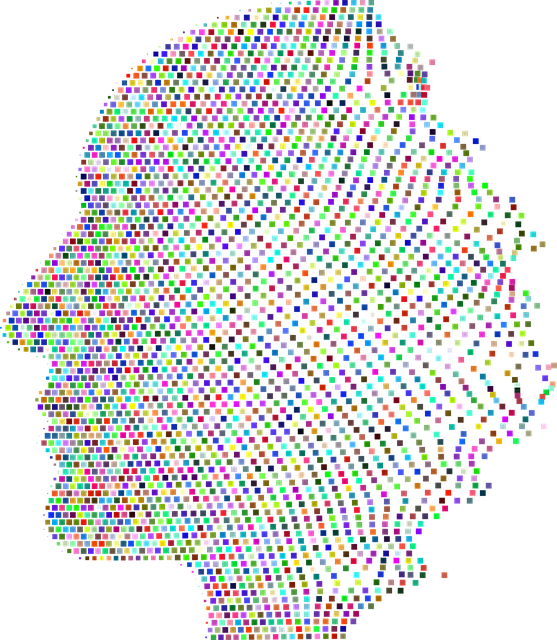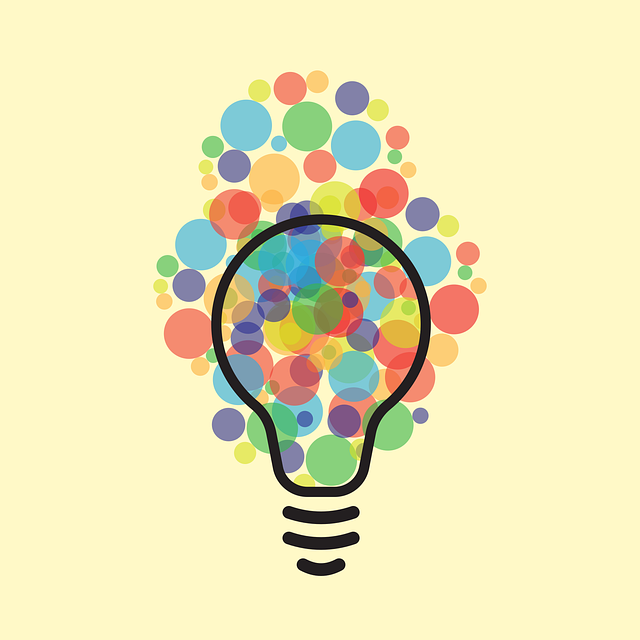Adult Attention Deficit Disorder (ADD) and ADHD significantly impact daily life, work, relationships, and mental wellness. Effective management includes cognitive-behavioral therapy, medication, personalized strategies, self-care, cultural sensitivity in healthcare, and mental wellness coaching. Key interventions are comprehensive evaluations for diagnosis and tailored support. Public awareness campaigns, combining education and engagement, reduce stigma, promote understanding, and provide resources like anxiety relief techniques and mental wellness journaling. These initiatives foster a supportive community, enhancing mental health literacy and empowering individuals to navigate ADD/ADHD effectively. Target keywords: Therapy for Adults ADD-ADHD Evaluations.
In today’s society, public awareness campaigns play a pivotal role in shaping perceptions and fostering understanding of various conditions. One such condition that has gained significant attention is Adult ADD/ADHD, which impacts a considerable portion of the population. This article delves into the crucial role of public awareness campaigns in educating and supporting individuals affected by Adult ADD/ADHD, emphasizing the importance of therapy and evaluations to enhance their quality of life. By exploring effective content strategies, we aim to illuminate paths towards better comprehension and support for those navigating this neurodivergent condition.
- Understanding Adult ADD/ADHD and its Impact on Society
- The Role of Public Awareness Campaigns in Education and Support
- Strategies for Developing Effective and Engaging Campaign Content
Understanding Adult ADD/ADHD and its Impact on Society

Adult Attention Deficit Disorder (ADD) and Attention Deficit Hyperactivity Disorder (ADHD) are neurodivergent conditions that significantly impact an individual’s daily functioning and society at large. Beyond the common association with childhood, these disorders often persist into adulthood, presenting unique challenges in various aspects of life. Understanding ADD/ADHD involves recognizing its symptoms, which can include difficulty focusing, impulsivity, and hyperactivity, affecting work performance, relationships, and overall mental wellness.
The societal implications are far-reaching. Without proper recognition and support, individuals with ADD/ADHD may struggle with low self-esteem, anxiety, depression, and substance abuse. Access to effective therapy, such as cognitive-behavioral therapy (CBT) and medication management, is crucial for managing symptoms and improving quality of life. Evaluations play a critical role in diagnosing and developing personalized strategies, including Self-Care Routine Development for Better Mental Health, to enhance focus, reduce stress, and promote overall well-being. Cultural Sensitivity in Mental Healthcare Practice ensures that support is tailored to meet the diverse needs of a wide range of individuals, fostering inclusive and effective treatment. Additionally, Mental Wellness Coaching Programs can empower adults with ADD/ADHD to navigate their unique experiences and achieve significant personal growth.
The Role of Public Awareness Campaigns in Education and Support

Public awareness campaigns play a pivotal role in educating communities about various mental health issues, including Attention Deficit Disorder (ADD) and Attention-Deficit/Hyperactivity Disorder (ADHD). These campaigns are instrumental in breaking down stigma and promoting understanding, ensuring that individuals with ADD/ADHD receive the necessary support. By providing clear messaging and accessible information, they empower people to recognize symptoms, seek professional help, and access valuable resources like therapy for adults with ADD-ADHD evaluations.
Moreover, these initiatives can offer guidance on anxiety relief, depression prevention, and mental wellness journaling exercises, enabling individuals to take proactive steps towards maintaining a healthy mind. Such campaigns are essential in fostering a supportive environment where those affected by these disorders feel comfortable seeking assistance, ultimately enhancing overall community resilience and mental health literacy.
Strategies for Developing Effective and Engaging Campaign Content

Creating compelling content is key to a successful public awareness campaign. When addressing topics like Attention Deficit Disorder (ADD) and its various presentations, such as ADHD in adults, it’s crucial to strike a balance between providing valuable information and engaging the audience. Incorporate relatable narratives that highlight the journey of individuals navigating these challenges can evoke emotion and foster connection. Share stories of resilience and success to inspire hope and empower those facing similar struggles. For instance, showcasing the therapeutic benefits through case studies or testimonials can be highly effective in attracting attention and encouraging further exploration.
Integrating strategies like Crisis Intervention Guidance into campaign content is essential for offering immediate support. Provide clear resources and directions for individuals seeking help, ensuring accessibility and convenience. Additionally, focus on promoting Inner Strength Development and Emotional Well-being Promotion Techniques as these are integral aspects of managing ADD/ADHD effectively. By combining informative insights with practical tools, the campaign can become a comprehensive guide, assisting adults in understanding and overcoming their challenges while building a supportive community.
Public awareness campaigns play a pivotal role in educating society about Adult ADD/ADHD, fostering understanding, and providing support. By employing effective content strategies and focusing on evidence-based practices, such as therapy for adults with ADD/ADHD and proper evaluations, these campaigns can significantly impact the lives of those affected. Through increased awareness, we can create a more inclusive and supportive environment, ultimately enhancing the well-being of individuals navigating this neurodevelopmental condition.

